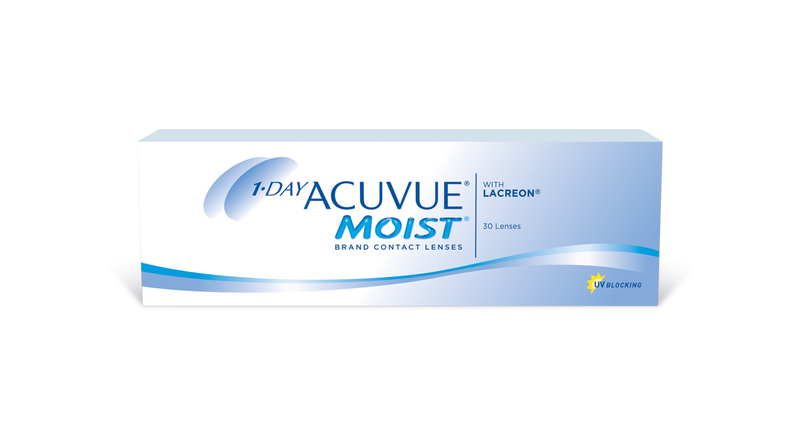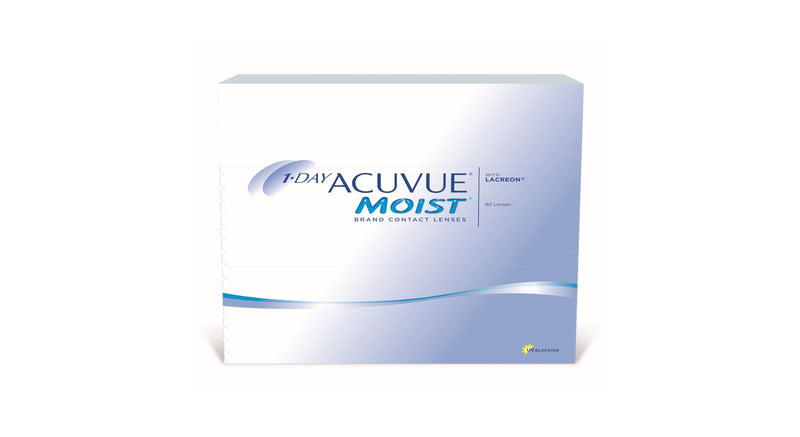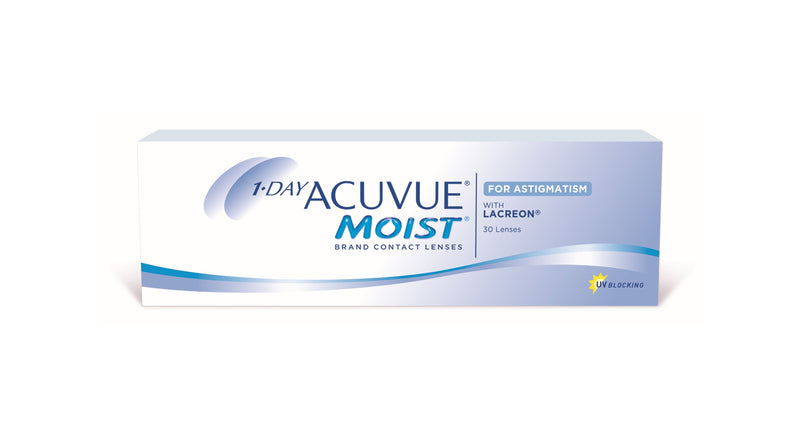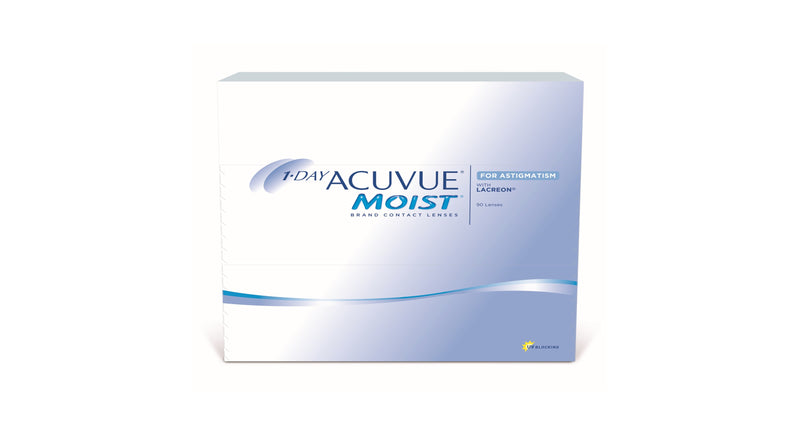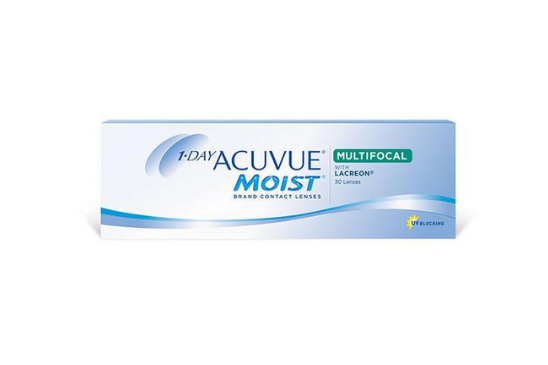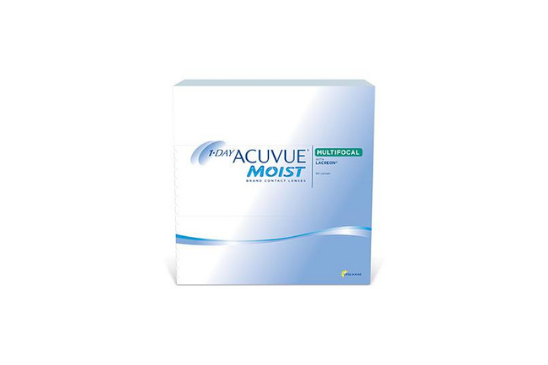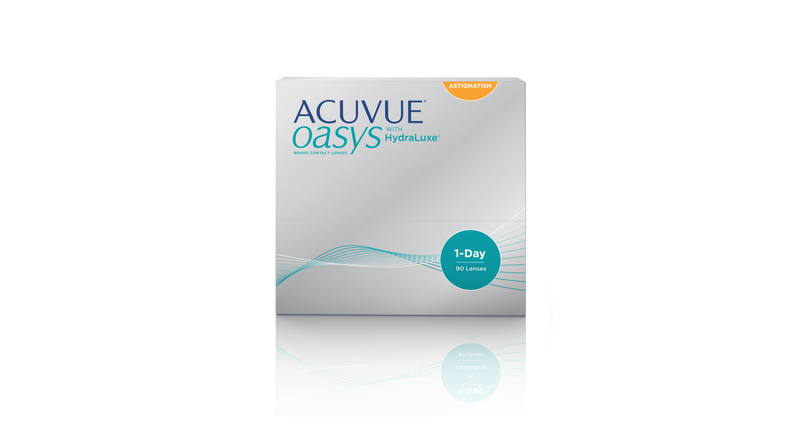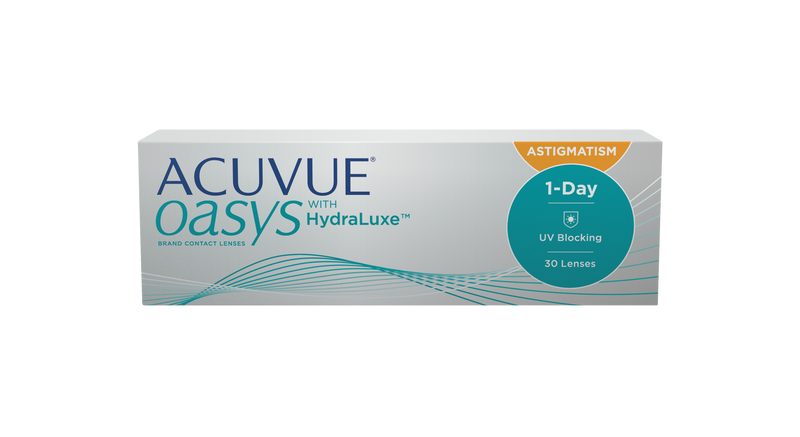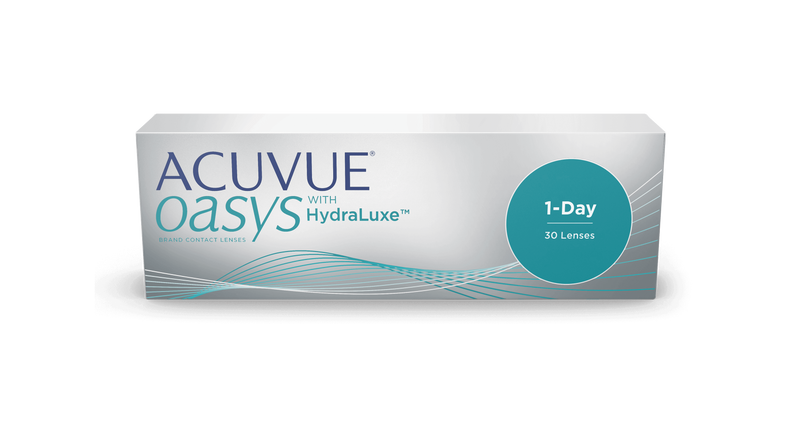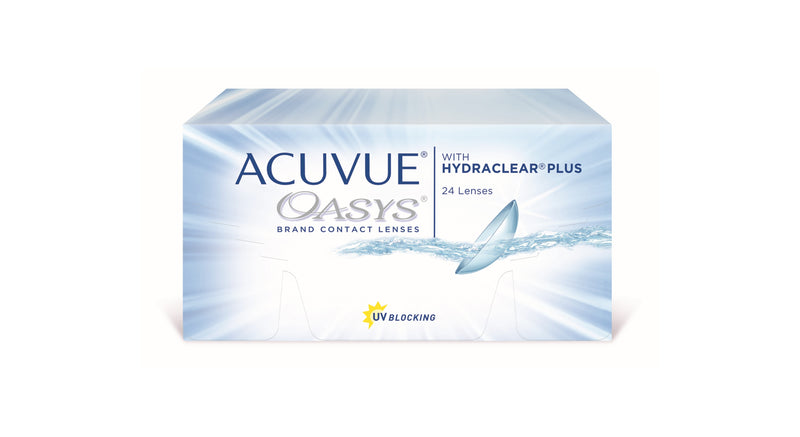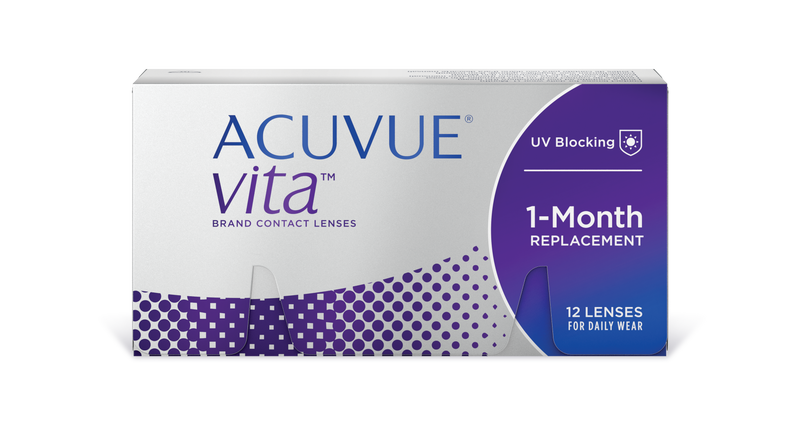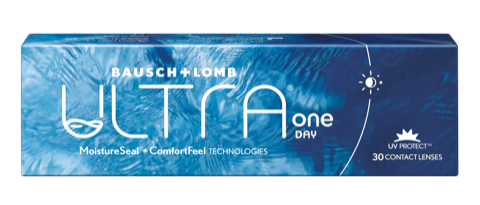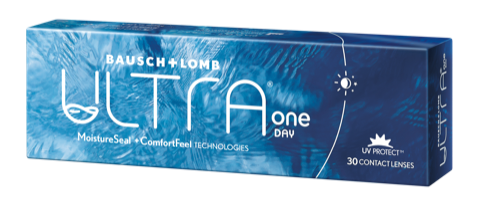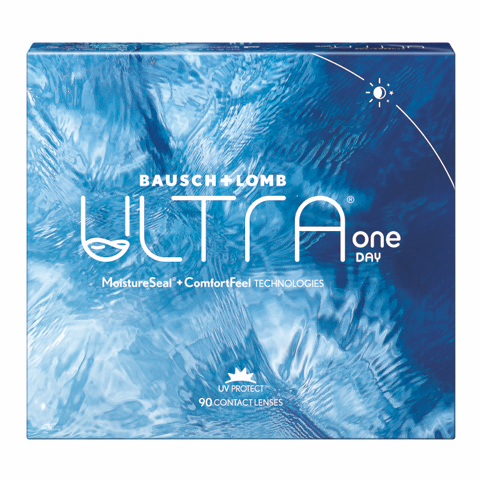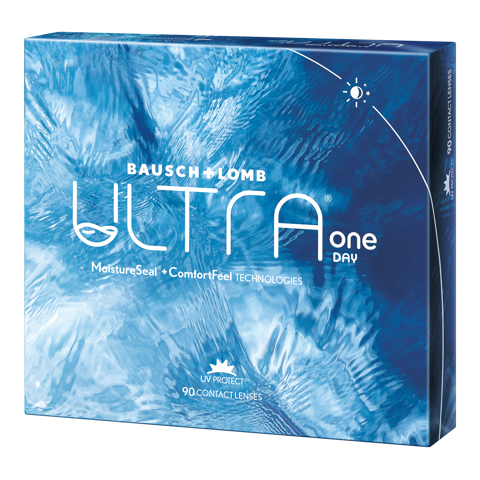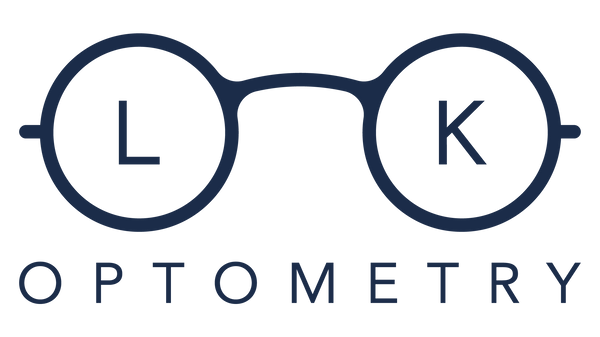
Nutrition and Eye Health: Foods for Better Vision
Share
Welcome to the latest post on Look Optometry's blog, where we explore the fascinating intersection of nutrition and eye health. It's a well-known adage that "you are what you eat," and this couldn't be truer when it comes to the health of your eyes. In this informative piece, we'll delve into how the foods you consume can significantly impact your vision and overall eye health.
Our journey will take us through the vital nutrients that are essential for maintaining and enhancing eye health. We'll uncover the hidden benefits of everyday foods and introduce you to some eye-friendly superfoods that are not only delicious but also packed with vision-boosting properties.
Join us as we navigate the world of antioxidants, vitamins, and minerals, and their role in protecting and preserving your sight. Whether you're looking to bolster your overall eye health, manage an existing condition, or just curious about how your diet affects your eyes, this blog is your guide to understanding and harnessing the power of nutrition for better vision.
So, let’s embark on this eye-opening journey together and discover how the right nutrition can be your ally in achieving clearer, healthier vision.
The Science of Eating Right for Your Eyes
Recent research underscores the profound impact of diet on eye health. Consuming foods rich in specific nutrients like vitamins C and E, zinc, lutein, zeaxanthin, and omega-3 fatty acids can significantly lower the risk of developing eye conditions such as age-related macular degeneration (AMD), cataracts, and possibly even dry eye syndrome later in life.

Studies have revealed that a regular intake of fruits and vegetables, which are natural sources of antioxidants, can help in preventing vision loss from cataracts. This finding emphasizes the importance of a diet rich in antioxidants for eye health. However, it's crucial to note that these benefits are most effective when these antioxidants are consumed directly from whole foods rather than supplements. In fact, certain high-dose supplements may pose health risks, such as an increased likelihood of lung cancer in smokers and former smokers, and a higher risk of hemorrhagic stroke and prostate cancer.
The Mediterranean diet, characterized by its emphasis on plant and seafood-based foods, has also been shown to reduce the risk of heart disease and AMD. This diet, inspired by the eating habits of those living near the Mediterranean Sea, offers a holistic approach to general and ocular health.
People at risk for diabetes or AMD could benefit from a low-glycemic index (low-GI) diet. This type of diet helps in managing blood sugar levels, which is crucial for preventing complications related to these conditions.
Additionally, for those experiencing dry eye syndrome, a condition characterized by inadequate tear production, incorporating omega-3 and omega-6 fatty acids into the diet can offer relief. These nutrients, found in oily fish and certain nuts and oils, are beneficial for maintaining adequate eye lubrication.
Moreover, regular consumption of fish high in omega-3 fatty acids, at least twice a week, has been linked to a decreased likelihood of developing AMD in women.
In the next section, we'll explore specific nutrients essential for eye health, along with their sources, to help you make informed dietary choices for the well-being of your eyes.
Essential Nutrients for Eye Health and Their Sources
The foods we eat play a vital role in maintaining the health of our eyes. As Rebecca J. Taylor, MD, an ophthalmologist, points out, certain nutrients are crucial not only for overall eye health but also for reducing the risk of eye diseases. A diet low in fat and rich in fruits, vegetables, and whole grains can benefit both your heart and eyes, as these organs rely on tiny arteries for essential nutrients.
Vitamin A:
This nutrient is critical for eye health, particularly for the retina, which requires vitamin A to convert light rays into the images we see. Adequate vitamin A also helps keep the eyes moist, preventing dry eye. Rich sources of vitamin A include orange-colored vegetables and fruits, like carrots and sweet potatoes (which contain over 200% of the daily recommended dose), as well as fruits like cantaloupe and apricots.
Vitamin C:
As an antioxidant, vitamin C is vital for protecting the eyes from damage caused by environmental factors, unhealthy habits, and certain foods. It also aids in repairing and growing new tissue cells. Citrus fruits like oranges, tangerines, grapefruit, and lemons are excellent sources of vitamin C, as are peaches, red bell peppers, tomatoes, and strawberries. These antioxidants can help prevent or delay age-related macular degeneration (AMD) and cataracts.
Vitamin E:
Another important antioxidant, vitamin E, contributes to healthy cells. You can find vitamin E in foods like avocados, almonds, and sunflower seeds.
Omega-3 Fatty Acids:
Omega-3s, particularly from cold-water fish like salmon, tuna, sardines, halibut, and trout, may reduce the risk of developing eye diseases later in life. They are beneficial for tear function, which can help people with dry eye.
Lutein and Zeaxanthin:
These antioxidants are found in leafy green vegetables and other brightly colored foods. They play a key role in protecting the macula, the part of the eye responsible for central, detailed vision. Foods rich in lutein and zeaxanthin include kale, spinach, romaine lettuce, collards, turnip greens, broccoli, peas, and eggs.
Zinc:
This mineral is essential for keeping the retina healthy and protecting the eyes from the damaging effects of light. Beans, such as black-eyed peas, kidney beans, and lima beans, are good sources of zinc. Other foods high in zinc include oysters, lean red meat, poultry, and fortified cereals.
Incorporating these nutrients into your daily diet can significantly contribute to maintaining and improving your eye health. In the next section, we will explore some superfoods that are particularly beneficial for your eyes.

Superfoods for Vision: Nourish Your Eyes
In addition to the essential nutrients we've discussed, there are specific superfoods that stand out for their exceptional benefits to eye health. Including these in your diet can be a delicious way to boost your vision health:
Kale and Spinach:
These leafy greens are powerhouses of lutein and zeaxanthin, crucial for protecting the macula and preventing age-related macular degeneration. They're also rich in vitamin C and beta-carotene.
Berries and Citrus Fruits:
Strawberries, blueberries, oranges, and lemons are loaded with vitamin C, which is pivotal for reducing the risk of cataract and macular degeneration.
Salmon and Sardines:
Cold-water fish like salmon and sardines are abundant in omega-3 fatty acids, known to enhance the health of the retina and prevent dry eyes.
Eggs:
Eggs are a great source of lutein and zeaxanthin, and they also contain zinc and vitamin D, which are beneficial for overall eye health.
Nuts and Seeds:
Almonds, sunflower seeds, and flaxseeds are excellent sources of vitamin E and omega-3 fatty acids, which help combat age-related damage to the eyes.
Sweet Potatoes and Carrots:
Rich in beta-carotene and vitamin A, these vegetables are crucial for maintaining good night vision and overall eye health.
Whole Grains:
Foods like quinoa, brown rice, and whole oats are high in zinc and vitamin E, which help reduce the risk of long-term eye conditions.
Legumes:
Beans and lentils, packed with zinc, contribute to the vascular health of the retina, thus supporting good vision.
By incorporating these superfoods into your meals, you can significantly bolster the health of your eyes and potentially stave off age-related vision problems. In our next section, we'll provide dietary tips for specific eye conditions, helping you tailor your nutrition to meet your individual eye health needs.

Nutritional Strategies for Specific Eye Conditions
Maintaining a healthy diet is not only beneficial for overall eye health but can also be tailored to address and manage specific eye conditions.
Here are some dietary tips for common eye issues:
- Dry Eye Syndrome:
- Increase your intake of omega-3 fatty acids, found in fish like salmon and sardines, to help improve tear production and reduce dry eye symptoms. Chia seeds and flaxseeds are also good plant-based sources of omega-3s.
- Age-Related Macular Degeneration (AMD):
- Focus on foods rich in lutein and zeaxanthin, such as kale, spinach, and eggs, to protect the macula. Incorporate fruits and vegetables high in vitamin C and E, like oranges and almonds, to strengthen eye tissue.
- Cataracts:
- Antioxidants are key to slowing cataract progression. Eat plenty of citrus fruits, berries, and leafy greens to get a healthy dose of vitamins C and E. Whole grains and nuts can also contribute to this antioxidant intake.
- Diabetic Retinopathy:
- For those with or at risk of diabetes, a diet low in sugar and high in fiber can help control blood sugar levels. Focus on whole grains, legumes, and vegetables. Omega-3 fatty acids from fish can also help protect against diabetic eye damage.
- Glaucoma:
- Maintain a diet rich in leafy green vegetables to increase dietary nitrate intake, which has been associated with a reduced risk of glaucoma. Foods high in antioxidants, like berries and nuts, can also support eye health in glaucoma.
Remember, while diet plays a crucial role in eye health, it should be part of a broader approach that includes regular eye exams and following medical advice for specific conditions. In our next section, we'll share some delicious and healthy recipes that are packed with these vision-boosting nutrients.
Delicious Recipes for Healthy Vision
Eating for eye health doesn't have to be bland or boring.
Here are some tasty recipes packed with eye-healthy nutrients:
- Kale and Spinach Smoothie
- Blend together a cup of kale, a cup of spinach, a banana, a handful of blueberries, and a cup of almond milk. This smoothie is rich in lutein, zeaxanthin, and vitamin C, making it a perfect eye-healthy start to your day.
- Salmon with Walnut-Crust
- Mix crushed walnuts, lemon zest, and a touch of garlic powder. Coat a salmon fillet with this mixture and bake. This dish is high in omega-3 fatty acids and vitamin E, beneficial for retinal health.
- Berry and Citrus Fruit Salad
- Combine sliced strawberries, blueberries, orange segments, and a drizzle of honey. This refreshing salad is loaded with vitamin C and antioxidants, which are great for preventing cataracts and macular degeneration.
- Quinoa and Black Bean Salad
- Toss cooked quinoa with black beans, chopped bell peppers, onions, and a lime vinaigrette. This fiber-rich salad is packed with zinc and vitamins, supporting overall eye health.
- Sweet Potato and Carrot Soup
- Boil sweet potatoes and carrots until soft, blend them with vegetable broth, ginger, and a hint of cinnamon for a warm, nourishing soup. This is an excellent source of beta-carotene and vitamin A.
- Almond and Flaxseed Granola
- Mix rolled oats, almonds, flaxseeds, honey, and a bit of coconut oil; bake until crispy. Enjoy this granola with yogurt or milk for a snack rich in vitamin E and omega-3s.
These recipes not only taste delicious but also contribute to maintaining and improving your eye health. In the next section, we will explore how to balance these dietary choices with other eye care practices for a holistic approach to eye health.

Integrating Diet with Comprehensive Eye Care
While a nutrient-rich diet is a cornerstone of eye health, it's most effective when integrated with other eye care practices.
Here’s how you can balance your diet with overall eye health management:
- Regular Eye Exams:
- No matter how healthy your diet is, regular check-ups with an eye care professional are crucial. These exams can detect issues that nutrition alone cannot address.
- Protective Eyewear:
- When outdoors, wear sunglasses with UV protection. If you're involved in sports or work that poses a risk to your eyes, use appropriate safety goggles or shields.
- Managing Screen
- Time: In our digital age, eye strain from prolonged screen use is common. Practice the 20-20-20 rule: every 20 minutes, look at something 20 feet away for 20 seconds. Also, consider blue light-filtering glasses.
- Smoking Cessation:
- Smoking can significantly increase the risk of eye diseases like cataracts and AMD. Quitting smoking is an essential step in protecting your eye health.
- Adequate Sleep:
- Good sleep is crucial for eye health. It helps in the repair and recovery of your eyes and can prevent eye strain and dry eyes.
- Hydration:
- Drinking plenty of water is important for maintaining moisture in the eyes, reducing the risk of dry eyes.
By combining these practices with a nutritious diet, you are taking a holistic approach to maintaining and enhancing your eye health. In the next section, we'll debunk some common dietary myths about eye health to ensure you have the most accurate and up-to-date information.

Debunking Dietary Myths About Eye Health
There are many myths surrounding diet and eye health.
Let’s set the record straight on some of the most common misconceptions:
Myth: Carrots are the Best Food for Eye Health
Fact: While carrots, rich in beta-carotene and vitamin A, are good for eye health, they are not the only beneficial food. Leafy greens, berries, nuts, and fish are equally important for maintaining healthy vision.
Myth: Eating a Lot of Fish Can Cure Dry Eye
Fact: While omega-3 fatty acids found in fish can help manage the symptoms of dry eye, they are not a cure. Dry eye syndrome can have multiple causes and may require a combination of dietary changes, eye drops, and other treatments.
Myth: Supplements Are Just as Good as Foods for Eye Health
Fact: While supplements can be beneficial, they cannot completely replace the nutrients you get from food. Whole foods offer a complex range of nutrients and antioxidants in a balance that supplements can't replicate.
Myth: You Don’t Need to Worry About Diet if You Have No Eye Issues
Fact: Preventative nutrition is key in maintaining eye health and can delay or prevent the development of eye diseases later in life.
Myth: Vision Loss Is an Inevitable Part of Aging and Diet Won’t Help
Fact: While aging can impact vision, a nutritious diet can significantly reduce the risk of age-related eye conditions and maintain eye health.
Understanding these truths can help you make better dietary choices for the health of your eyes. In our conclusion, we'll recap the key points and emphasize the importance of considering dietary habits as a part of your overall eye care routine.
Conclusion: Nourishing Your Eyes for the Long-Term
As we wrap up our exploration of the role of nutrition in eye health, it's clear that what we eat significantly influences the health and functionality of our eyes. A balanced diet rich in vitamins, minerals, and antioxidants plays a critical role in maintaining vision and preventing eye diseases. Integrating foods like leafy greens, berries, nuts, and fish into your daily meals can provide the essential nutrients your eyes need to stay healthy.
Remember, while a nutritious diet is a powerful tool for eye health, it should be part of a comprehensive eye care routine that includes regular eye exams, protective eyewear, and healthy lifestyle choices. Whether you're looking to improve your overall eye health, address specific eye conditions, or simply maintain good vision as you age, the right dietary choices can make a significant difference.
At Look Optometry, we believe in a holistic approach to eye care, where nutrition plays a vital role. We encourage you to consider your dietary habits as an integral part of your eye care regimen. For more personalized advice or to discuss any eye health concerns, feel free to reach out to our team. Together, let's keep your vision clear and your eyes healthy for years to come.
